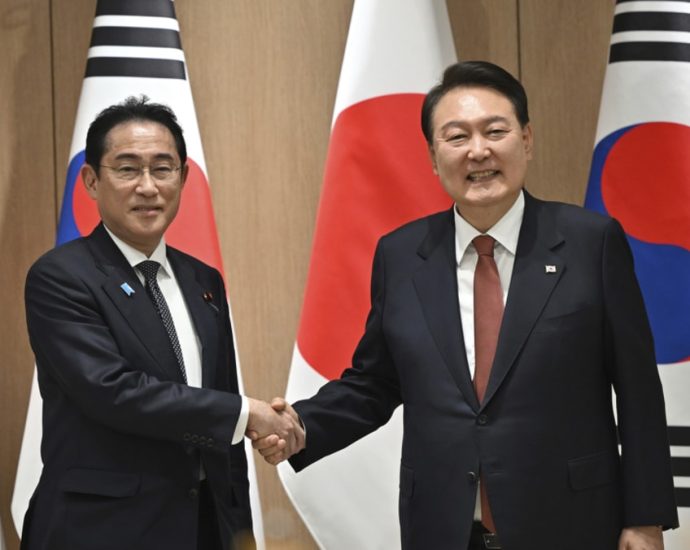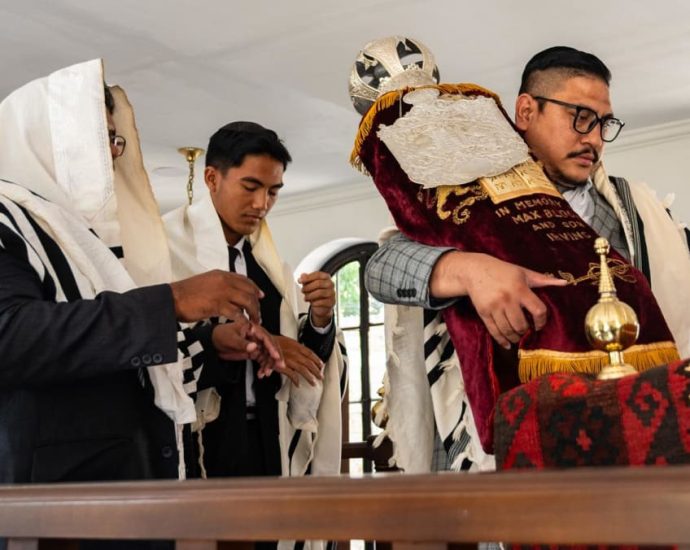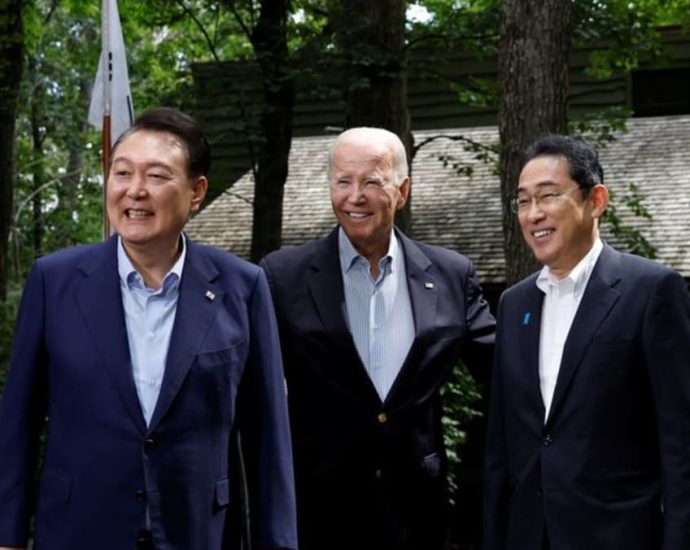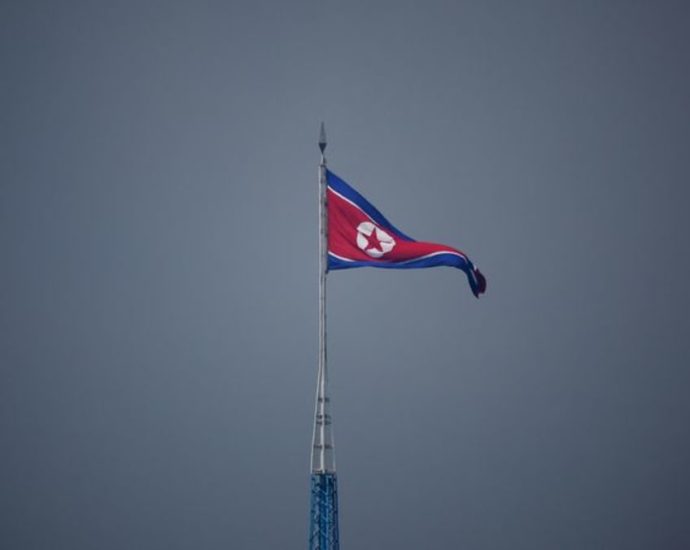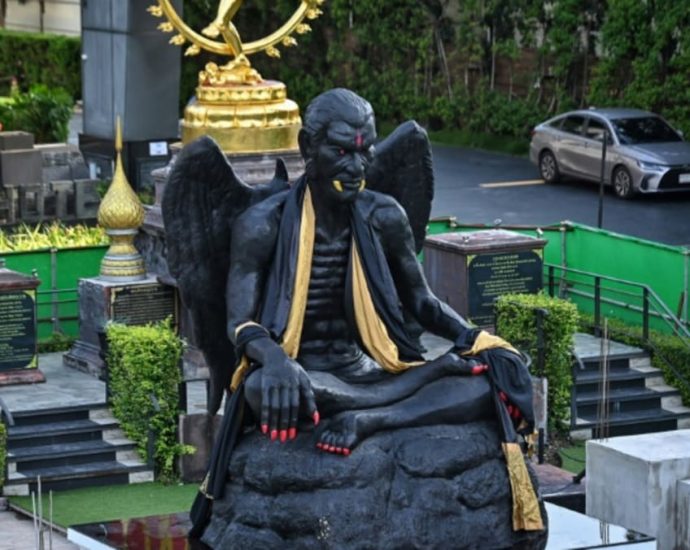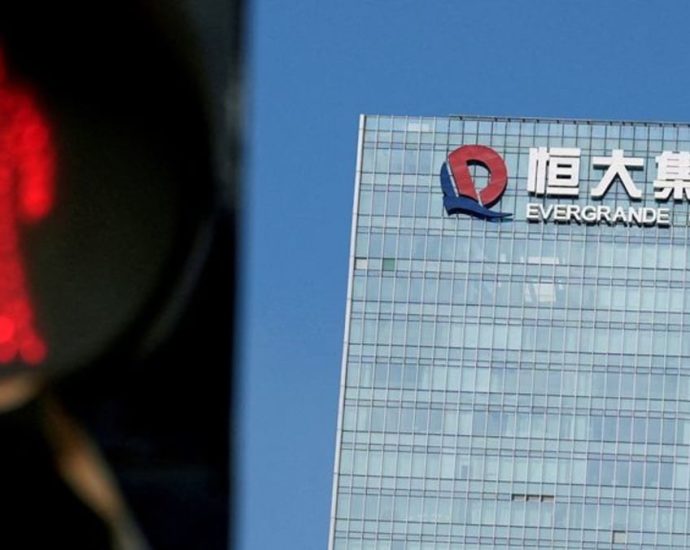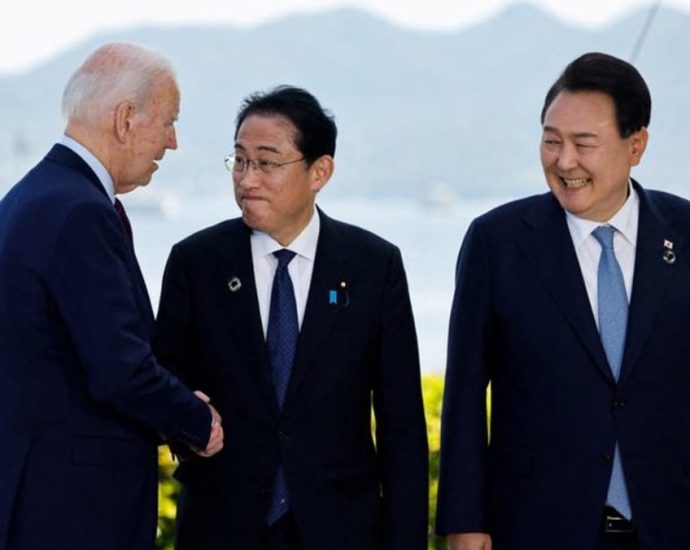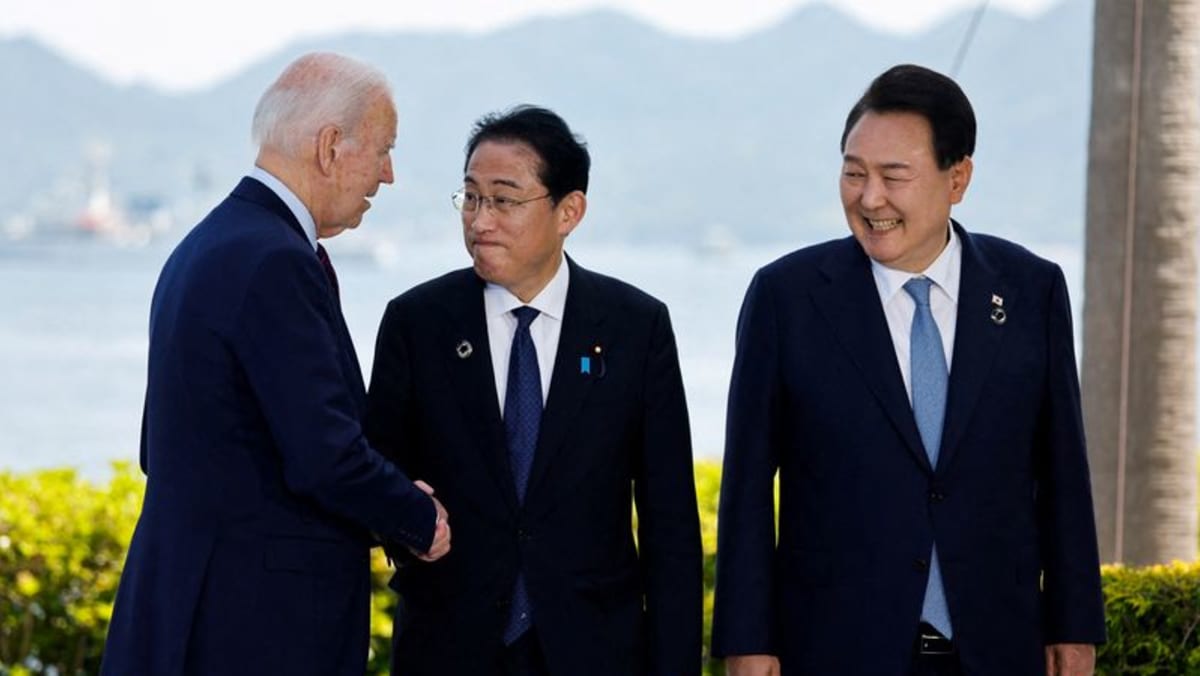In Indonesiaâs only synagogue, Jewish worshippers hide their faith fearing persecution, but their Rabbi feels change is afoot

So strong is this animosity towards Israel and the Jews that any attempt to bridge the divide is viewed negatively.
In 2018, Islamic scholar Yahya Cholil Staquf was lambasted by fellow clerics for visiting Israel and meeting the country’s prime minister Benjamin Netanyahu.
Yahya, the older brother of Indonesia’s current religious minister Yaqut Cholil Qoumas, told local media then that he had been invited to speak at an interfaith forum in Israel, adding that the meeting with Netanyahu was unplanned.
Rabbi Baruch had a similar experience last year, garnering public backlash for simply trying to promote tolerance and understanding when he opened a tiny museum of just a handful of objects next to the synagogue dedicated to victims of the Holocaust.
“They said that (the museum) was an Israeli propaganda. I was simply trying to educate people about this dark period in history and the dangers of racism,” he recounts.
FINDING ROOT
Another reason why many Jews in Indonesia practise their religion in secret or renounce their faith entirely is the fact that Indonesia officially recognises just six religions and beliefs – Islam, Christianity, Catholicism, Hinduism, Buddhism and Confucianism.
Given that religious beliefs are personal details needed in civic administrative matters like obtaining identity cards and marriage certificates, some Jews tell CNA that they would simply identify themselves as Christians to avoid bureaucratic complications.


